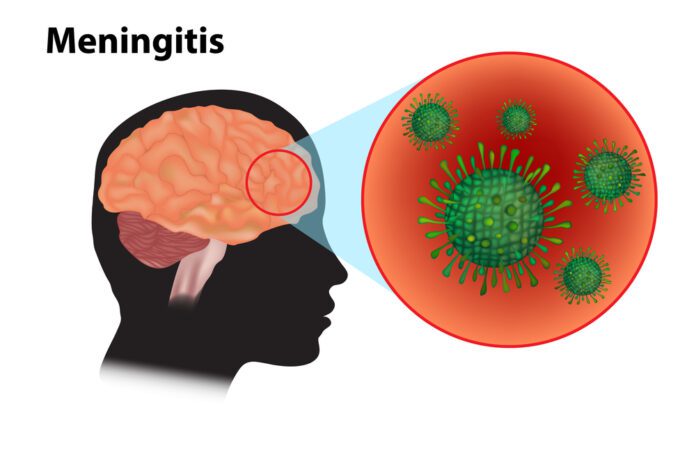Overview Of Viral Meningitis
Viral Meningitis, or meningitis, is an infection in membranes surrounding the spinal cord and brain. Meninges is the name for this membrane.
Commonly Associated With
Meningitis – bacterial, Meningitis – viral, Meningitis – fungal, and Meningitis – vaccine.
Causes Of Viral Meningitis
Viral infections are the main cause of meningitis. These infections usually get better without treatment. However, bacterial meningitis are serious infections to the body. These can then result in death or brain damage, if left untreated.
Meningitis may also be caused by:
- Tumors
- Fungi
- Parasites
- Chemical irritation
- Or Drug allergies
Many types of viruses can cause meningitis:
- West Nile virus: this virus is spread by mosquito bites. This has also become an extreme cause of viral meningitis throughout the United States.
- Herpes viruses: These are the same viruses that can also cause cold sores and genital herpes. But, people with cold sores or genital herpes do not have a higher chance of developing herpes meningitis.
- Enteroviruses: These are viruses that also can cause intestinal illness.
- Mumps and HIV viruses may also result in this infection.
Symptoms Of Viral Meningitis
Enteroviral meningitis are more common than bacterial meningitis. This is also a milder than a bacterial infection. Enteroviral meningitis will then typically run viral through late summer and early fall. This also most Commonly affects children and adults under the age of 30.
Symptoms may include:
- Upset stomach and diarrhea
- Headache
- Slight fever
- Fatigue
- Even a sensitivity to light, known as photophobia
Bacterial meningitis is an emergency. You will need immediate treatment in a hospital, if you are then infected. Symptoms will show fast, and these may also include:
- Nausea and vomiting
- Sensitivity to light
- Mental status changes
- Severe headache
- Fever and chills, especially in newborns and children
- A stiff neck
Other symptoms that can also arise with this disease:
- A decreased alertness
- Poor feeding or irritability in children
- Bulging fontanelles in babies
- An unusual posture in the head and neck arched backward (opisthodomos)
- Rapid breathing
It is difficult to distinguish between bacterial or viral meningitis by how you feel. A health care provider must then find out the cause. If infected, you should then go to a hospital emergency department right away if you think you have symptoms of meningitis.
Exams & Tests
Your provider will examine you, and this may show:
- Fever
- Mental status changes
- Fast heart rate
- Or even a stiff neck
If a provider thinks you have meningitis, a lumbar puncture (spinal tap) should be done to remove a sample of spinal fluid (cerebrospinal fluid, or CSF) for testing.
Other tests that may also be done are:
- Blood culture
- Chest x-ray
- CT scan of the head
Treatment Of Viral Meningitis
Antibiotics treat bacterial meningitis. Because of this, antibiotics do not treat viral meningitis. However, antiviral medicine may be given to those with herpes meningitis.
Other treatments will include:
- Fluids through a vein by an IV
- Medicines to treat symptoms of shock, seizure, or brain swelling



